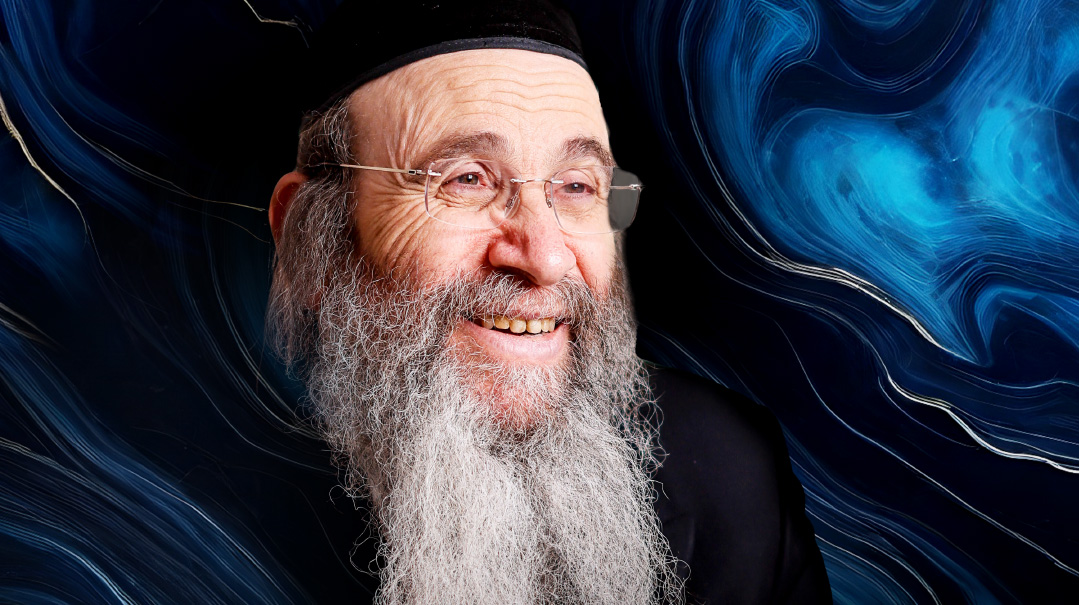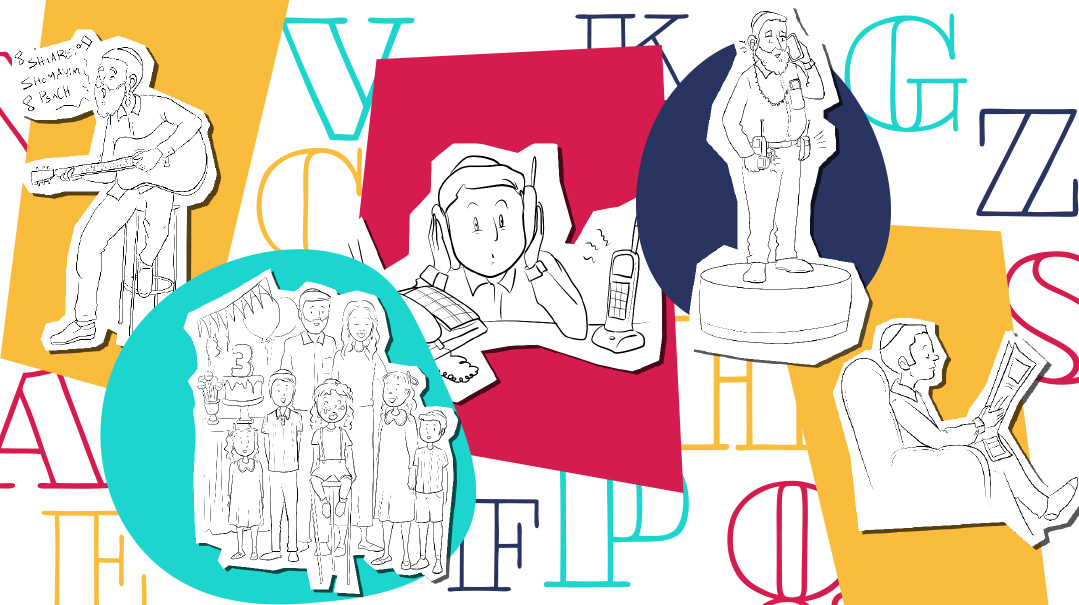Thinking Out of the Box


AFFIRMATIVE ACTION “We have chareidi representatives not askanim but rather professionals working in our municipal systems and departments ” explained Deputy Mayor of Kiryat Gat Shulamit Tzahalo. “That is the key to success” (Photos: Eli Cobin)
There is a basic mistake that repeats itself in all outside studies on chareidi society. All these researchers try to establish their own models for this sector to follow to determine how it should behave and how to integrate it into Israeli society. But chareidi society doesn’t need advice or people to give it a behavioral model.
Chareidi society is a significant resource for Israeli society. To that end the Chareidi Institute for Public Affairs — founded in 2014 by social entrepreneur and Mishpacha publisher Eli Paley — was created to promote systematic professional dialogue regarding the specific dynamics relating to this sector through accurate analysis and strategic involvement in policymaking.
Last week the Institute hosted its annual conference focusing on its role in facilitating long-range policy making with regard to key issues facing the chareidi sector and its complex government interface.
Some highlights…
“In light of the irreversible fact that Torah is the primary central value the chareidi parent educates his children — irrespective of what they will do in the future — that during their formative years as bochurim they will concentrate on Torah learning. Based on this premise we can come up with ideas about how to advance various programs that take advantage of this talented human resource. But any plan that does not understand the essence of chareidi ideology cannot provide the tools that will enable integration and prosperity.”
– Eli Paley Chairman
Chareidi Institute for Public Affairs“I am in my second round at the Interior Ministry and we always dreamed of a time when the chareidim would have a professional research institute that could present facts about the real needs and provide real solutions for an idealistic motivated population that doesn’t always have the tools to spearhead those solutions.

“Philanthropy is a Jewish creation and the ones who implement it in a remarkable way are those in the chareidi world” said MK Eli Alalouf Chairman Health Labor and Welfare Committee. “Government philanthropy should take a model from chareidi society”
You are its voice and the address for the chareidi public figures. I hope that by the next conference we will be able to show real progress in the areas under discussion.”
• – Interior Minister Aryeh Deri
“When talking about the poverty line we have to check how chareidim look at themselves. Poverty has many dimensions not only low income but also other parameters such as education and more. When referring to poverty it usually applies to people on the fringe of society of lower social status and that’s how they perceive themselves — with all the inherent risks that go with it. But this isn’t relevant to chareidim for whom learning Torah is a vital ethos and a person who learns Torah is considered to be of a privileged status. Someone who is poor who chooses to suffice with less because he’s chosen to learn Torah is honored so it’s not surprising that if you look at satisfaction there is little connection between that and income.”
• – Nitza Kasir
Head of Labor and Social Policy Research Bank of Israel
“Our challenge is to ensure that there be a national authority to financially strengthen the chareidi sector in which our community and professionals will partner to work together. One doesn’t have to forgo his faith and hashkafos if it’s done right. We are assailed for taking people who are not chareidi as consultants. But those who attack take the most professional lawyer when they need one. And when we need a doctor we look for a specialist not a talmid chacham. If we have the same goals it doesn’t make a difference where he comes from.”
• – MK Yaakov Asher
“Stanley Fisher and I were once speaking and I told him that the dominant force in our home was my mother. You see in all the economic studies that the mother’s education and employment is a dominant factor and it’s like that in chareidi society as well. For women acquiring a higher education is much simpler because they don’t have the demand to learn Torah.”
• – Professor Tzvi Eckstein
Dean Arison School of Business and Tiomkin School of Economics
Former Deputy Governor Bank of Israel
“I see in you the perpetuators of those who renewed the Old Yishuv. Once they built neighborhoods outside the walls; today they develop apps that plan cities. But you need the same qualities: initiative far-reaching thinking and in short everything that you will find in Maseches Bava Metzia. I respect those who learn and I think that the State of Israel needs to enable those who want to learn to do so — to support Torah learners is a privilege. Israeli society needs significant and courageous dialogue and you are making this possible with a brave professional and penetrating discourse.”
• – Reuven Rivlin
President State of Israel
(excerpted)
Oops! We could not locate your form.







